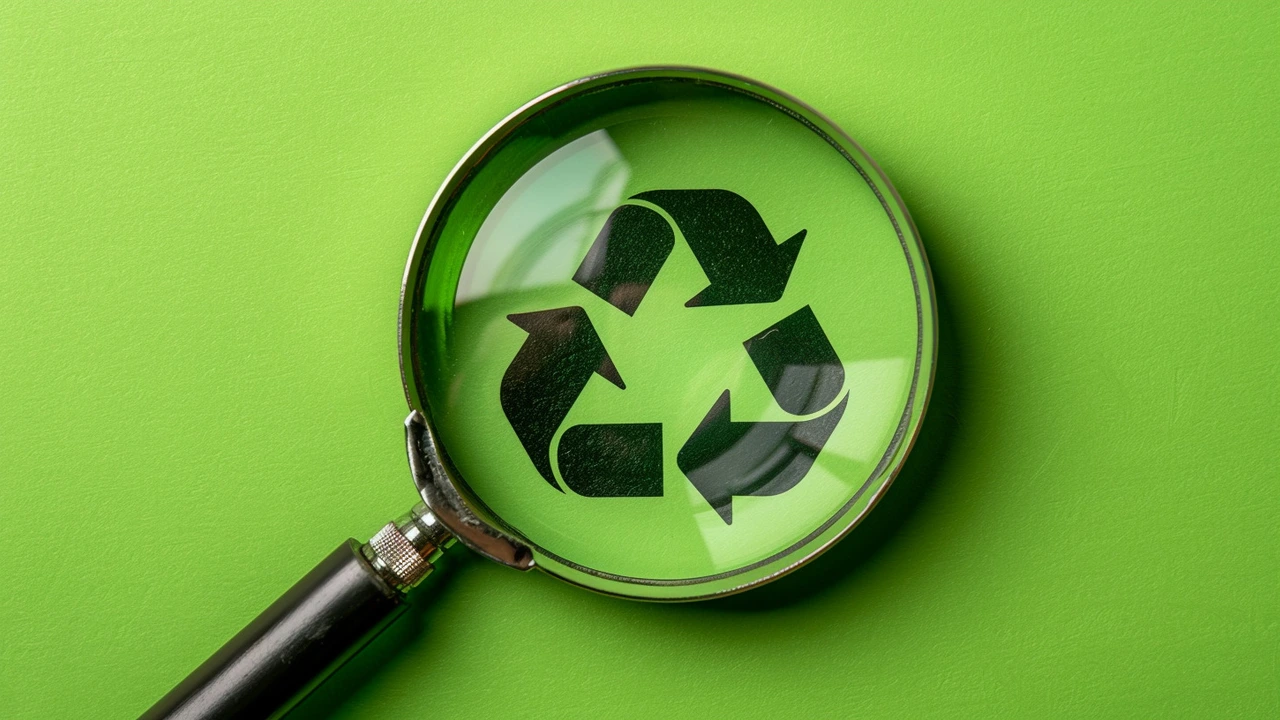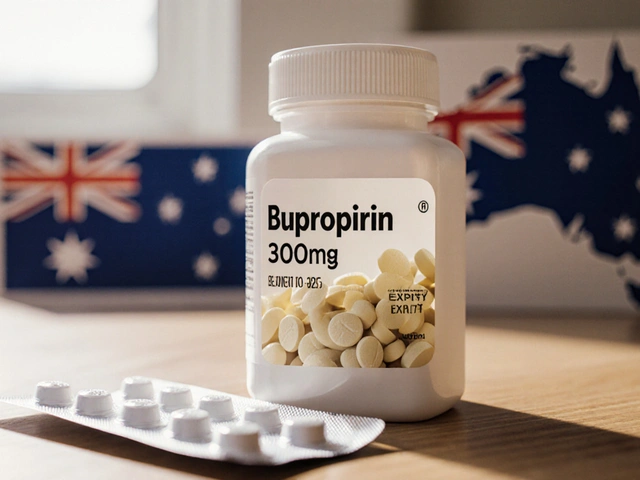GlaxoSmithKline (GSK), a leading global healthcare company, is propelling its journey towards achieving net zero carbon emissions by innovating in the realm of drug delivery systems. The company's latest venture involves the development of a low carbon version of its widely-used metered dose inhaler, Ventolin (salbutamol). This innovative initiative stands as a testament to GSK's commitment to environmentally sustainable healthcare solutions.
The environmental impact of conventional metered dose inhalers has been a growing concern within the healthcare industry. These inhalers rely heavily on propellants that contribute significantly to global warming and, consequently, to the climatic challenges facing our planet. Acknowledging this, GSK has embarked on a mission to reduce these emissions by approximately 90% through the use of a next-generation, reduced-carbon propellant in its new Ventolin inhaler.
Metered dose inhalers currently contribute to about half of GSK's overall carbon footprint, highlighting the urgent need for a sustainable alternative. The upcoming phase III trials of the low carbon Ventolin inhaler mark a significant milestone in GSK's sustainability journey. The success of these trials could revolutionize the production and usage of inhalers, greatly diminishing the carbon footprint associated with their use.
The initiative to develop a low carbon propellant inhaler encompasses several complexities, including extensive clinical and non-clinical programs and the establishment of new manufacturing facilities. Recognizing the importance of this project, GSK is prepared to invest in a production site located in Evreux, France. This investment is contingent on receiving the necessary regulatory approvals and is a clear indication of GSK's dedication to bringing this groundbreaking inhaler to the market.
The progression to phase III trials is predicated on the promising outcomes seen in earlier clinical studies. These studies suggest that the low carbon version of the Ventolin inhaler not only promises a significant reduction in environmental impact but also maintains the efficacy and safety profiles that healthcare providers and patients alike have come to trust in GSK products.
By seeking innovative solutions to reduce the environmental impact of its products, GSK is not only addressing climate change but also setting new standards for sustainability in the healthcare industry. The company's efforts to develop a low carbon inhaler exemplify how the pursuit of net zero carbon emissions can go hand in hand with advancing healthcare technologies and therapeutics. As GSK moves forward with its phase III trials, the healthcare industry watches closely, hopeful for a future where sustainable drug delivery systems become the norm, thus contributing to a healthier planet.








Comments
So the universe finally decided to grant us a greener puff of relief for asthma sufferers.
GSK, the pharma behemoth that usually dazzles us with pricey patents, now pretends to hug a tree.
The new low‑carbon Ventolin inhaler supposedly swaps out the old propellant for something that won’t melt the polar ice caps, or at least that’s the PR spin.
Imagine inhaling medication that smells faintly of progress while the planet sighs in relief – that’s the marketing dream.
The scientific teams have apparently run the usual Phase I and II circus, proving the device works just as well as the dinosaur‑fuel version.
What really gets me is the claim of a 90 % reduction in carbon emissions, a number that sounds almost too good to be true without a calculator.
If the numbers hold up, each puff could be equivalent to planting a tiny sapling in a forest of lungs.
Of course, the real test will be whether regulators and doctors actually trust a greener gadget enough to prescribe it.
GSK is betting on a new plant in Evreux, France, to churn out these eco‑friendly inhalers, which might create jobs but also ties the project to a single geographic hub.
The environmental impact of traditional MDIs has been a hot topic for years, and this move could finally tip the scales toward sustainability.
Yet we must remember that the plastic casing and the drug itself still require manufacturing energy, so the carbon savings are only part of the picture.
Patients, especially those in low‑income regions, will want to know if the price tag will stay affordable or climb higher on the green ladder.
From a climate activist’s perspective, this is a small but welcome victory in the battle against pharmaceutical carbon footprints.
From a skeptical scientist’s perspective, the data will need to be transparent, reproducible, and free of corporate cherry‑picking.
Either way, we can at least hope to inhale relief without simultaneously exhaling a tiny climate crisis 😊
Honestly, the pharma giants love to brag about green dreams while the real heroes-American innovation-keep the world chugging along.
They slap a “low carbon” label on a device and expect applause, as if we haven’t seen this eco‑hype before.
Let’s be real, the propellant swap is just another cash‑grab with a sustainability veneer.
If the inhaler actually works, good, but don’t expect a miracle that wipes out the entire carbon mess from pharma.
Bottom line: they’re betting on green PR, not on changing the core of drug manufacturing.
Hey folks, this is a pretty exciting step forward!
Reducing the carbon footprint of inhalers could make a big difference for people who rely on them daily.
What I love is that the efficacy isn’t being compromised – that’s a win‑win.
Anyone else think this could set a new standard for other pharma companies?
Let’s keep the momentum going and push for even more sustainable drug delivery systems.
Regarding the previous remarks the factual basis of the environmental claim warrants rigorous verification.
Listen up, team – this is the kind of bold move that puts us ahead of the curve.
We need to rally support from clinicians and patients alike, showing them the tangible benefits.
Let’s use this momentum to demand more green innovations across the board.
Every small reduction adds up, so keep pushing for those next‑gen solutions.
While enthusiasm is commendable, the data presented so far lacks the rigorous peer‑reviewed detail needed for confidence.
Moreover, the marketing language skirts around potential cost implications for patients.
It would be prudent to see a transparent lifecycle analysis before declaring victory.
Allow me to elucidate: the transition to a reduced‑carbon propellant is not merely a superficial rebranding but a substantive shift in pharmaceutical engineering.
This advancement reflects a confluence of thermodynamic optimization and material science.
Wow, that explanation really hits the nail on the head! 🌱
It’s refreshing to see someone break down the science without drowning us in jargon.
Seeing how thermodynamics and material science can actually make our breaths greener feels like a victory for both the planet and patients.
I’m thrilled that GSK is investing in this direction – it could set a benchmark for the whole industry.
Let’s keep the conversation going and celebrate these milestones with emojis and high‑fives! 🎉😊
The initiative certainly aligns with global sustainability goals and could serve as a model for future pharmaceutical developments.
Absolutely agree – this could be a template for other manufacturers.
From a clinical perspective, maintaining efficacy while lowering emissions is the sweet spot we all aim for.
If the trials confirm safety and performance, I’d be happy to recommend it to my patients.
Let’s stay tuned for the Phase III results.
Well, isn’t this just another corporate greenwash attempt? They’re probably cash‑cooking the carbon numbers while the actual impact stays negligible.
While I respect your caution, it’s worth noting that independent verification is underway and preliminary data looks promising.
This is a win for us.
Sure, a win… if you enjoy pretending that a single inhaler can fix climate change 😊